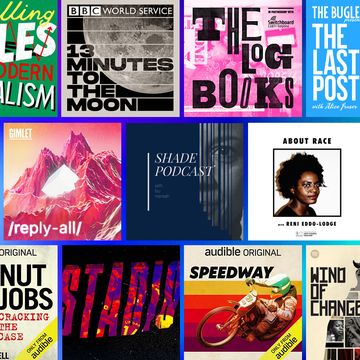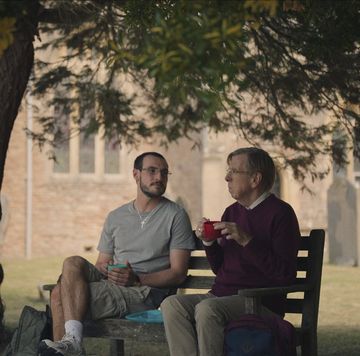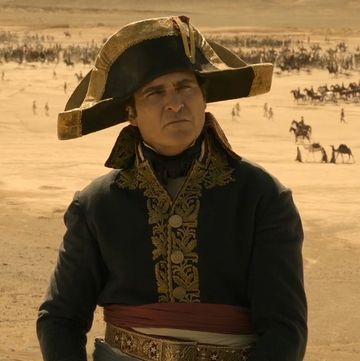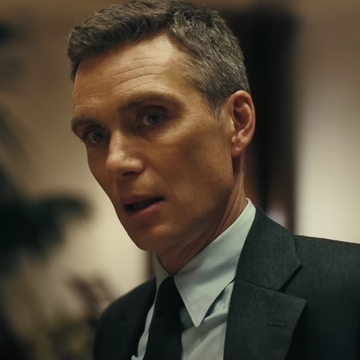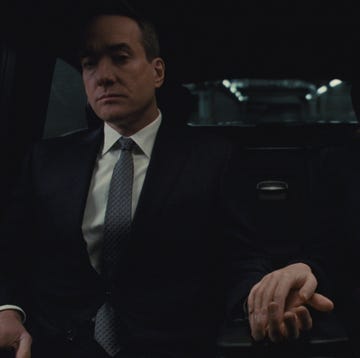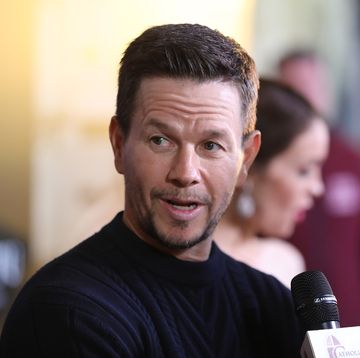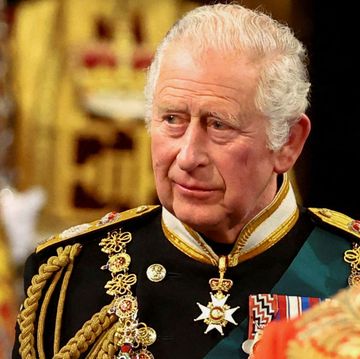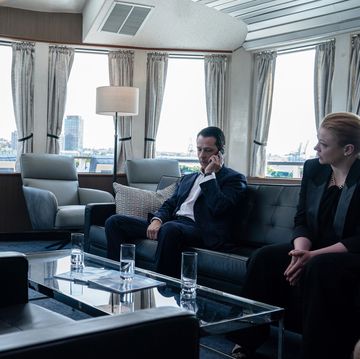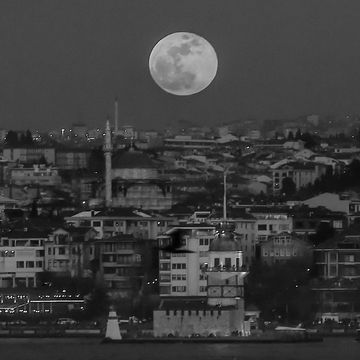Nobody called it by its name, but Ava DuVernay, director of Selma and A Wrinkle In Time, gestured toward the elephant - or rather, the extremely large super pig - in the room at Cannes.
"It’s so important that we’re inclusive of the different ways we participate in film, whether that’s in a theatre or not," the jury member said during today's press conference, in reference to Netflix's controversial ban from the festival. "It’s still film... the way that film is presented to the audience doesn’t have a bearing on whether it’s a film."
That's quite a turnaround from last year, when Netflix had two films up for competition (Okja, which is about the aforementioned extremely large pig, and Noah Baumbach's The Meyerowitz Stories) and things became so fractious that some audience members booed the Netflix logo when it appeared before Okja.
For purists who regarded the theatrical tradition as sacrosanct, a line was being crossed. More importantly, traditional distributors felt threatened by Netflix's arrival as a major player.
So Thierry Frémaux, Cannes' artistic director, introduced a rule which came into effect before this year's festival, barring films without a French theatrical release from competition.
As French law blocks films from appearing on streaming services within 36 months of their theatrical release, that was effectively a banning order against Netflix and other streaming services.
When Netflix CEO Reed Hastings called that decision "the establishment closing ranks against us", the battle lines were drawn: tradition versus innovation; ritual versus convenience; convention versus disruption. Netflix pulled all of its films from this year's festival in protest.
Cannes reiterated its stance in April this year. "The Festival is pleased to welcome a new operator which has decided to invest in cinema but wants to reiterate its support to the traditional mode of exhibition of cinema in France and in the world," it said in a statement.
Netflix's buyers are at the festival, apparently with an eye to spending some of the reported £8 billion earmarked for new content this year on Javier Bardem and Penelope Cruz's opening night screening Everybody Knows, among others.
So that's why the conciliatory tone of the last couple of days has come as a surprise.
"We have a reputation as a disruptor, sometimes we make mistakes. We got into a bigger situation with Cannes than we meant to," Hastings told a press conference in Lille on Sunday.
Fréymaux sounded similarly sheepish in a press conference yesterday: "[Hastings] recently said, ‘We should have been more diplomatic and respectful,’ and I believe so."
He went on slightly cryptically: "Last year it was Episode 1 of the saga. This year is Episode 2, and next year will be Episode 3."
It's not entirely clear which particular trilogy Fréymaux was thinking of there, but it does sound like he sees the dispute heading for a Matrix-style slackening of intensity and general interest ahead of a mutually satisfactory conclusion.
Then again, comments from one member of the Cannes jury doesn't mean a sudden collective change of heart at the festival, and the depth of feeling among cinéastes and distributors in France is such that it's hard to see imagine opposition falling away altogether.
So, while it sounds like relations are thawing, there are still fights to be had. The third film in the trilogy is usually the one with the most deaths in it, after all.


